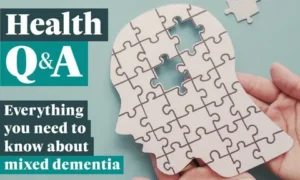
Fallen Triangle Pose (Utthita Trikonasana) How to Do Extended Triangle Pose – 2024 ?
Triangle Pose, well known as Utthita Trikonasana in Sanskrit, is a fundamental yoga posture approved for its many benefits and graceful form. Arise from a

WE HAVE STUDENTS TRAIN MORE THAN 1580+
From the convenience of your own home, we want to provide you with the information, resources, and encouragement you need to reach your health and fitness objectives.
Diverse Workouts for All Fitness Levels
We have workouts for everyone in our collection, from easy routines for beginners to more difficult ones for expert fitness enthusiasts. You may start at a low level and work your way up as your fitness level increases.


Years Experiences

Triangle Pose, well known as Utthita Trikonasana in Sanskrit, is a fundamental yoga posture approved for its many benefits and graceful form. Arise from a

What is Tree Pose (Vrksasana) Welcome to the world of yoga, where each pose takes its own story and significance. In this article, we fall

What is Mountain Pose (Tadasana) Mountain Pose, also known as Tadasana, in Sanskrit serves as a yoga position that lays the groundwork for other poses.

Yoga poses for beginners, foundational yoga poses like Mountain Pose, Downward-Facing Dog, Warrior I, Warrior II, Triangle Pose, Child’s Pose, Cat-Cow Stretch, Cobra Pose, Bridge

What Is Yoga The full form of YOGA is “Your Objectives Guidelines and Assessment”. Yoga exercise is a mind and body practice that can build strength and
What is aerobic exercise? Aerobic exercise, also known as cardio exercise, refers to physical activity that increases your heart and breathing rate over a sustained

Aerobic weight loss exercise Aerobic exercises, also known as cardio weight loss exercise, are essential for maintaining overall health and fitness. These exercises focus on

In today’s hectic world, maintaining mental health is important for overall well-being and productivity. Whether you’re a student preparing for the ATI Mental Health Proctored

Mixed Dementia is a Mind-boggling and Testing condition that Influences a great many individuals around the world. It is portrayed by the synchronous presence of

Triangle Pose, well known as Utthita Trikonasana in Sanskrit, is

What is Tree Pose (Vrksasana) Welcome to the world of

What is Mountain Pose (Tadasana) Mountain Pose, also known as